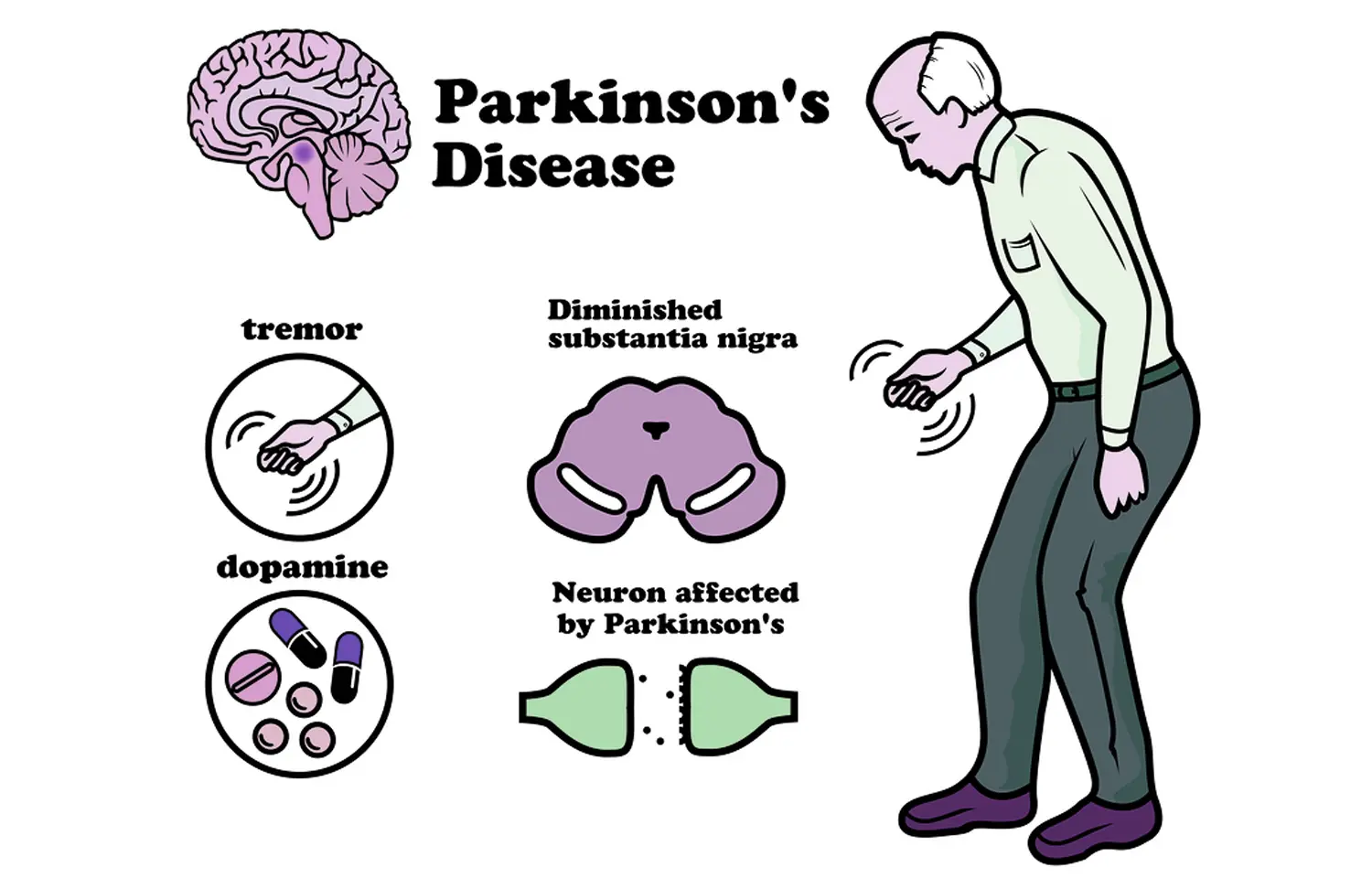- Home
- Medical news & Guidelines
- Anesthesiology
- Cardiology and CTVS
- Critical Care
- Dentistry
- Dermatology
- Diabetes and Endocrinology
- ENT
- Gastroenterology
- Medicine
- Nephrology
- Neurology
- Obstretics-Gynaecology
- Oncology
- Ophthalmology
- Orthopaedics
- Pediatrics-Neonatology
- Psychiatry
- Pulmonology
- Radiology
- Surgery
- Urology
- Laboratory Medicine
- Diet
- Nursing
- Paramedical
- Physiotherapy
- Health news
- Fact Check
- Bone Health Fact Check
- Brain Health Fact Check
- Cancer Related Fact Check
- Child Care Fact Check
- Dental and oral health fact check
- Diabetes and metabolic health fact check
- Diet and Nutrition Fact Check
- Eye and ENT Care Fact Check
- Fitness fact check
- Gut health fact check
- Heart health fact check
- Kidney health fact check
- Medical education fact check
- Men's health fact check
- Respiratory fact check
- Skin and hair care fact check
- Vaccine and Immunization fact check
- Women's health fact check
- AYUSH
- State News
- Andaman and Nicobar Islands
- Andhra Pradesh
- Arunachal Pradesh
- Assam
- Bihar
- Chandigarh
- Chattisgarh
- Dadra and Nagar Haveli
- Daman and Diu
- Delhi
- Goa
- Gujarat
- Haryana
- Himachal Pradesh
- Jammu & Kashmir
- Jharkhand
- Karnataka
- Kerala
- Ladakh
- Lakshadweep
- Madhya Pradesh
- Maharashtra
- Manipur
- Meghalaya
- Mizoram
- Nagaland
- Odisha
- Puducherry
- Punjab
- Rajasthan
- Sikkim
- Tamil Nadu
- Telangana
- Tripura
- Uttar Pradesh
- Uttrakhand
- West Bengal
- Medical Education
- Industry
Prostate drug associated with lower risk of Parkinson's disease

Taking a particular type of medication to treat enlarged prostate is associated with a reduced risk of developing Parkinson's disease, according to a large observational study led by researchers at the University of Iowa, with colleagues in Denmark and China.
The findings, published Feb. 1 in JAMA Neurology, provide compelling evidence that terazosin, and similar medications, might have the potential to prevent or delay the development of Parkinson's disease.
The new study used data on almost 300,000 older men from two large, independent patient datasets -- the Truven Health Analytics MarketScan database in the United States and national health registries in Denmark -- to investigate whether taking terazosin is associated with the development of Parkinson's disease.
The findings build on previous preclinical research by the team, which showed that terazosin enhances cellular energy levels and can prevent or slow the progression of Parkinson's disease in animal models. In this earlier study, the team also used the Truven database to show that men with Parkinson's disease who were also taking terazosin and related drugs had reduced signs, symptoms, and complications of Parkinson's disease.
Importantly, the researchers had a good control group for this earlier database study. Tamsulosin is another drug commonly used to treat enlarged prostate, but unlike terazosin, tamsulosin has no effect on cellular energy production, which the team's lab studies suggest is important in terazosin's protective effect.
The new study extends these findings to investigate whether terazosin, and related drugs that can also enhance cellular energy production, are associated with a reduced risk of developing Parkinson's disease.
Using the U.S. and Danish databases, the team identified 150,000 men newly started on terazosin or similar medications and matched them, based on age and clinical history to 150,000 men newly started on tamsulosin.
"We then tracked the health data on these men to determine how many in each group developed Parkinson's disease," explains Jacob Simmering, PhD, UI assistant professor of internal medicine and corresponding author of the study. "Men taking terazosin were 12 to 37% less likely to develop Parkinson's disease during follow-up than men taking tamsulosin."
Additionally, the study found that longer duration of use of the energy-enhancing prostate drugs was associated with increased protective effects.
"Despite the relative differences in population and health care system structure, we found a similar protective effect in both countries," Simmering adds. "The replication of the finding in an international cohort is powerful evidence suggesting a causal effect. If these results are confirmed through further investigation, especially a randomized clinical trial, terazosin may provide neuroprotection and potentially prevent -- and not just manage -- Parkinson's disease."
https://jamanetwork.com/journals/jamaneurology/fullarticle/2775976
Hina Zahid Joined Medical Dialogue in 2017 with a passion to work as a Reporter. She coordinates with various national and international journals and association and covers all the stories related to Medical guidelines, Medical Journals, rare medical surgeries as well as all the updates in the medical field. Email: editorial@medicaldialogues.in. Contact no. 011-43720751
Dr Kamal Kant Kohli-MBBS, DTCD- a chest specialist with more than 30 years of practice and a flair for writing clinical articles, Dr Kamal Kant Kohli joined Medical Dialogues as a Chief Editor of Medical News. Besides writing articles, as an editor, he proofreads and verifies all the medical content published on Medical Dialogues including those coming from journals, studies,medical conferences,guidelines etc. Email: drkohli@medicaldialogues.in. Contact no. 011-43720751


